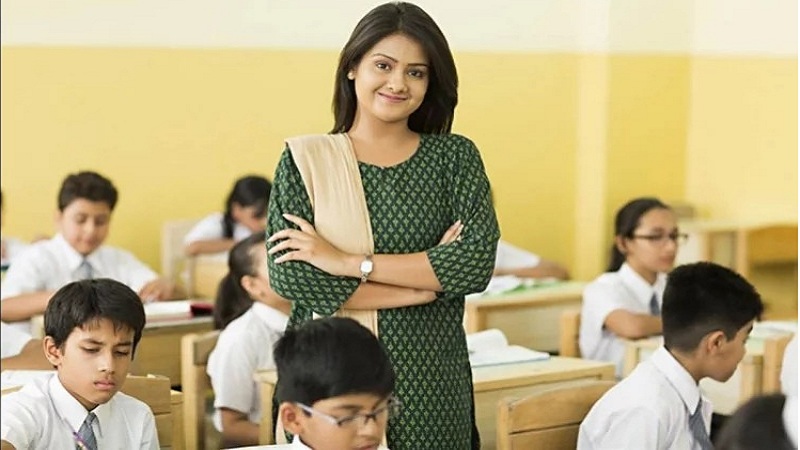
Being the populous country that India is, the quality of education is kept at the highest. Ensuring a form of order in the country is possible with the right type of knowledge passed on to the future citizens of the nation. There is a set protocol for education In India and setting up an institution, and it has to be affiliated with a university. The university is set up by the Government to follow norms and regulations that meet the industry standards ensuring the workforce is of the highest quality. The different variants in the education system offered in India are at school and college levels.
The Different Variants Of School Education In India
Education at school level is segmented into three parts- primary school, secondary school and higher secondary school. The primary education is further divided into lower primary and upper primary schooling. The lower primary is for students learning from 1st grade and up to 4th grade while the upper primary is for 5th to 7th grades. Secondary schooling is also called as high school and comprises 8th to 10th classes. The higher secondary schooling is basically from 10th onwards and consists of two years of schooling, also called as 10+2. The schooling is completed by 12 learning years and enables a learner to pursue higher education.
The Various After School Education Options In India
The education after schooling is differentiated into diploma certification, undergraduate, postgraduate, vocational training and distance education. The diploma and certification programmes are offered by universities that range from two to three years to complete. There are undergraduate and postgraduate diplomas on offer. Undergraduate diplomas usually require ten years of schooling as a basic requirement, and the duration of the course is up to 5 years. Postgraduate diplomas generally require a diploma as a basic requirement, and the duration of the course is up to three years. Vocational training is the simplest education spectrum that enables the student to learn how to work in different professional scenarios. The duration of these courses varies from months to years, depending on the specialization. The course of study includes theoretical as well as on-hands training to prepare them for jobs. Vocational and technical institutes across India that provide the training are either Government owned or Government aided as well as private institutions.
Higher Education Options In Offer
Undergraduate education is also known as a Bachelor’s degree. A minimum of 12 years of schooling or a diploma is requisite for applying to undergraduate education. They take three years for commerce, arts or science studies while professional degree courses such as dentistry, pharmacy, medicine or engineering usually take longer than three years to complete. Professional courses vary from four years up to five and a half years. Postgraduate courses of Sciences, Arts, Commerce, Medicine, Engineering are of two years duration. Postgraduate degrees are also called a Master’s programme and require a Bachelor’s degree as a minimum requirement.
Find More About : Education And Its Importance In Economic Growth
